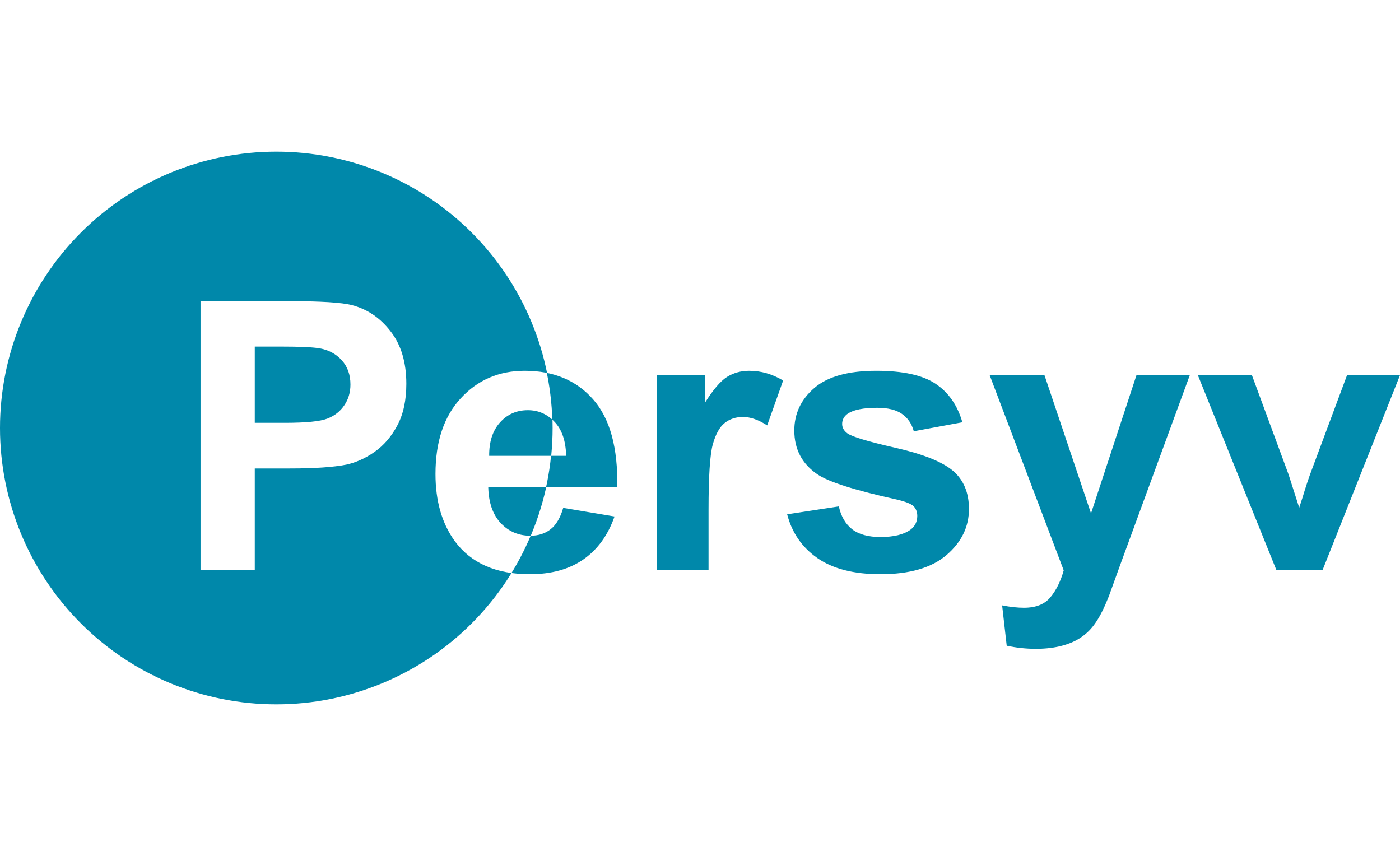
Life insurance is a crucial financial tool designed to provide financial security to beneficiaries in the event of the policyholder’s death. However, the distinction between life insurance and an investment is often blurred, particularly in the case of endowment insurance policies. Let’s have a look into why life insurance is not an ideal investment and why term life policies might be a more prudent choice.
Understanding Endowment Insurance:
Endowment insurance policies are a type of life insurance that combines a death benefit with a savings or investment component. Policyholders pay premiums, part of which goes towards providing a death benefit, and the rest is invested by the insurance company. The insured receives a lump sum payout either upon the policy’s maturity or in the event of their death.
Why People Prefer Endowment Policies:
- Forced Savings: Endowment policies appeal to those who struggle with disciplined savings. The mandatory premium payments serve as a form of forced savings.
- Maturity Benefit: The promise of a lump sum payout upon policy maturity can be enticing for individuals seeking a guaranteed return, even if modest.
Why Life Insurance is Not an Optimal Investment as well as Insurance:
- Returns: Endowment policies often provide lower returns compared to other investment options. The returns are constrained by fees, administrative costs, and the conservative investment strategies employed by insurance companies.
- Inflation: The returns from endowment policies might not keep pace with inflation, diminishing the real value of the payout over time.
- Flexibility: Endowment policies lack the flexibility and liquidity that other investment avenues offer. Withdrawals before maturity often result in penalties.
- Insufficient Insurance Cover: One significant drawback of endowment policies is that the insurance coverage they provide is often insufficient for the premium paid. The focus on combining insurance with savings or investment means that the actual amount allocated to pure insurance coverage is limited. In the event of the policyholder’s death, the payout may not adequately meet the financial needs of the beneficiaries.
Why Term Life Insurance is a Better Option:
- Cost-Effective: Term life insurance focuses solely on providing a death benefit for a specified term, making it more affordable than endowment policies.
- Pure Protection: Term policies are straightforward, offering a straightforward death benefit without the complexities of investment components.
- Higher Coverage: Term life policies typically offer higher coverage amounts for the same premium compared to endowment policies. This ensures that the beneficiaries receive a more substantial payout in the event of the policyholder’s death.
- Investment Separation: Decoupling life insurance from investments allows individuals to choose specialized and more lucrative investment options tailored to their financial goals.
While endowment insurance policies might offer a sense of forced savings and a guaranteed payout, they fall short as both an investment and insurance product. Term life insurance, on the other hand, provides cost-effective and straightforward coverage, allowing individuals to separate their insurance needs from their investment goals, thereby optimizing both aspects of their financial strategy. Making an informed decision based on individual financial objectives is crucial for securing a stable financial future.
Image credit: Image by rawpixel.com on Freepik
Disclaimer: The information provided in this article is for educational and informational purposes only. It should not be construed as financial advice. Before making any investment decisions, readers are strongly advised to consult with a qualified financial advisor who can provide personalized advice based on individual circumstances. The content of this article is not intended to be a substitute for professional financial guidance, and the authors and publishers are not liable for any losses or damages incurred as a result of reliance on the information presented. Investment decisions involve inherent risks, and individuals should conduct thorough research and analysis or seek professional assistance before making any financial commitment





